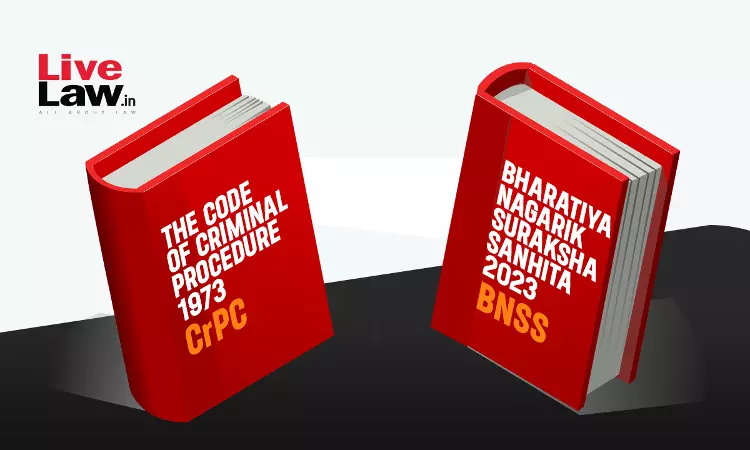Bail Provisions In Bharatiya Nagarik Suraksha Sanhita (New CrPC) : Understanding Changes
Yash Mittal
14 Jan 2024 10:23 AM IST

Next Story
14 Jan 2024 10:23 AM IST
The new procedural code (“BNSS”) has made substantive changes with respect to the bail provisions in comparison to the existing code (“Cr.P.C.”). While the text of most of the provisions in BNSS remains identical to the existing code, BNSS include definitions of bail, bail bond, and bond. Further, changes have been made in the provision regarding the maximum period of detention of...
